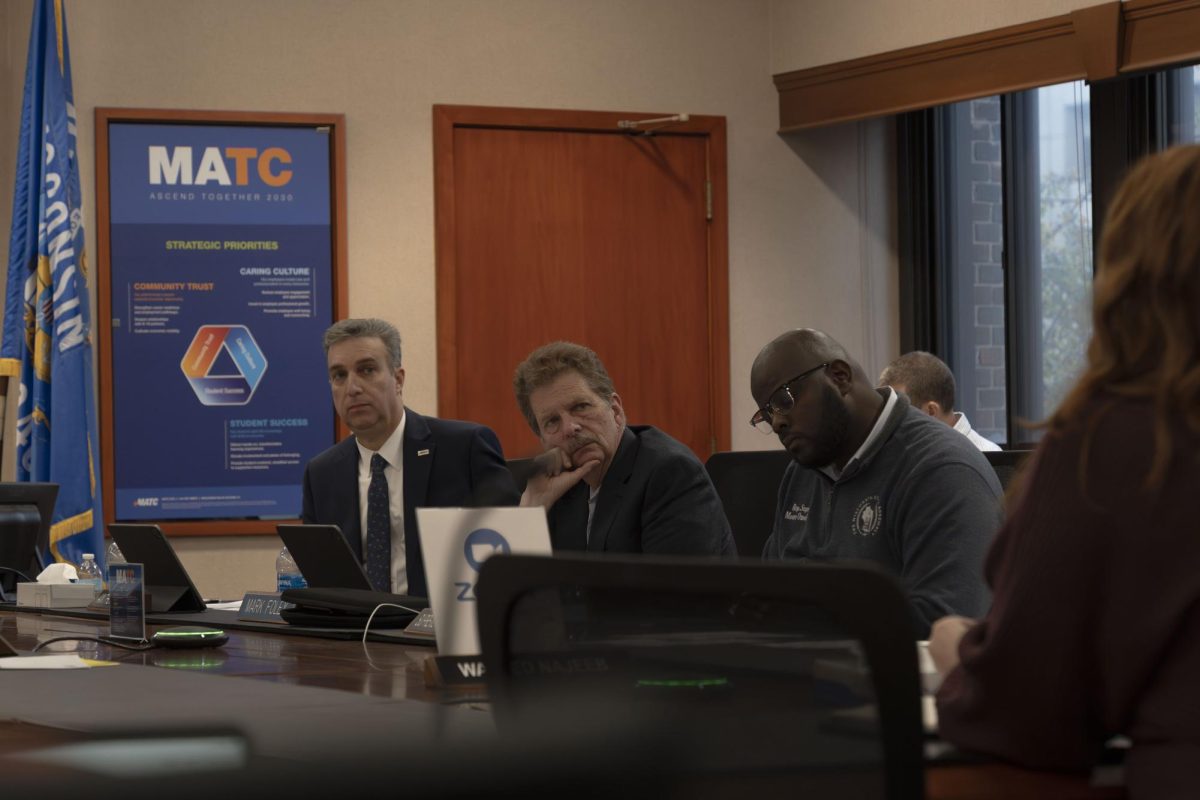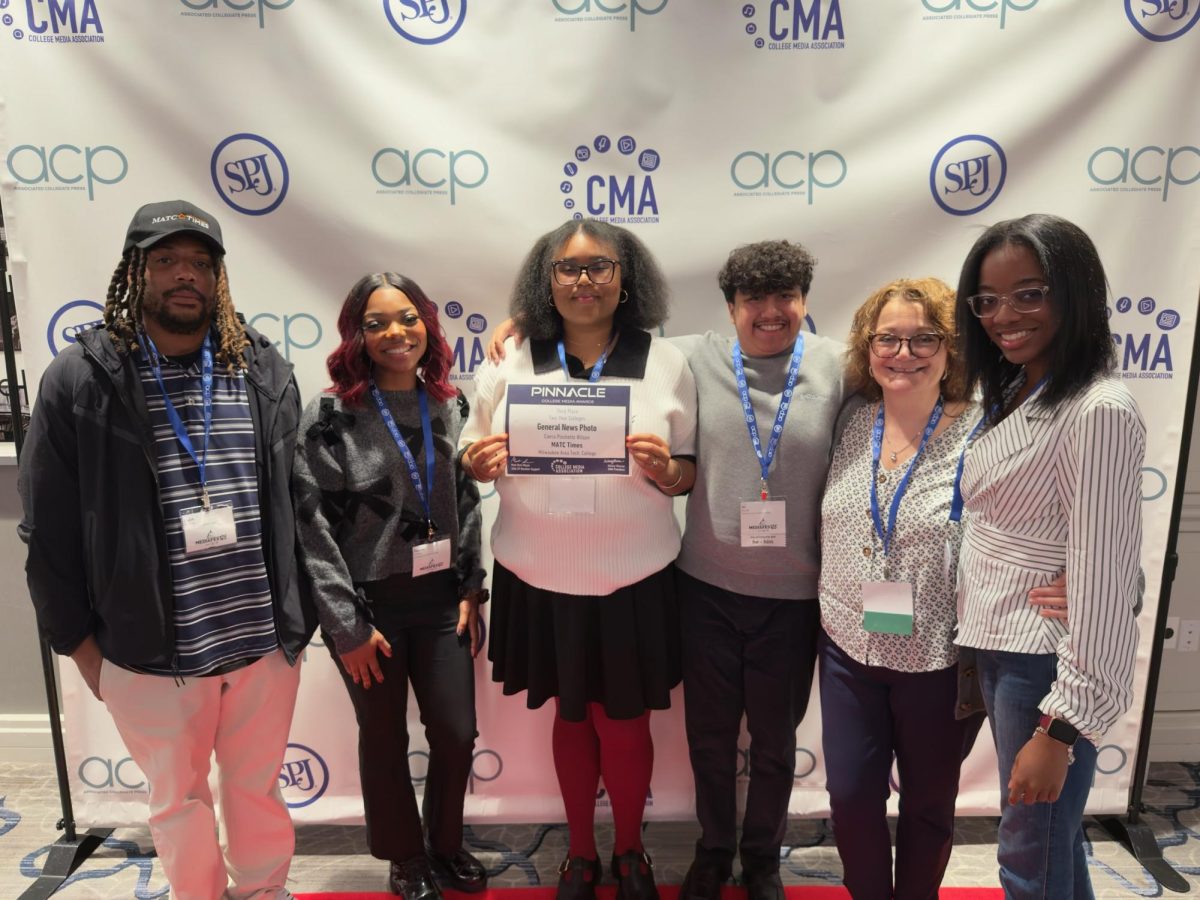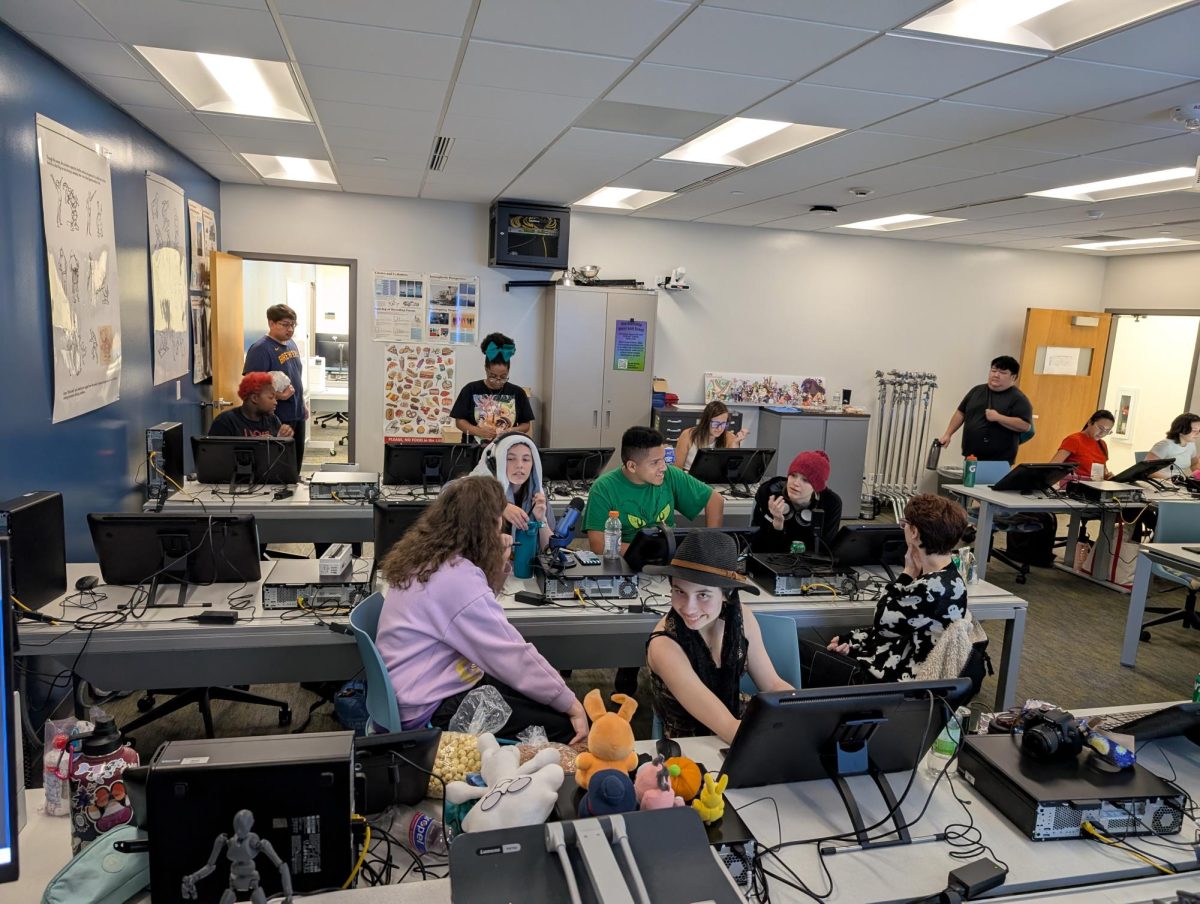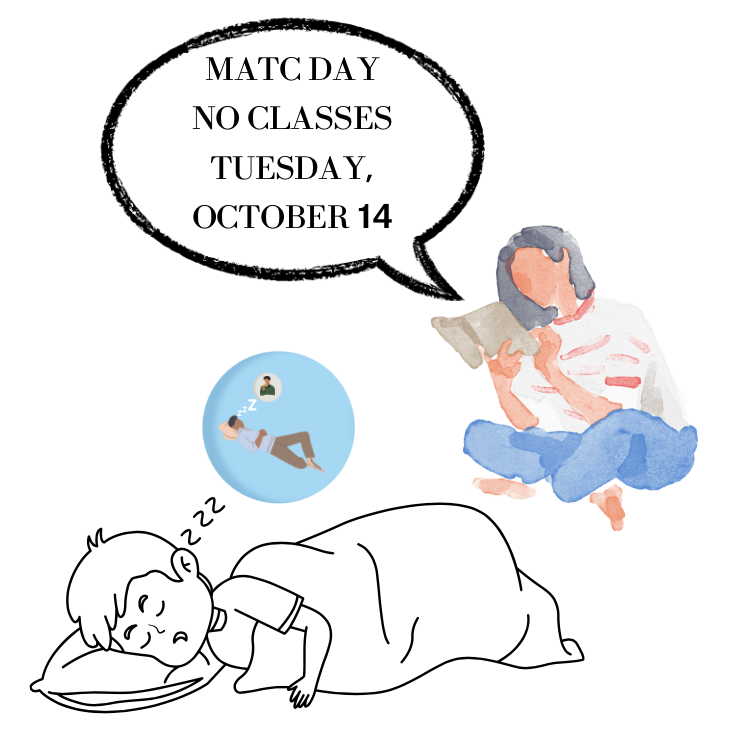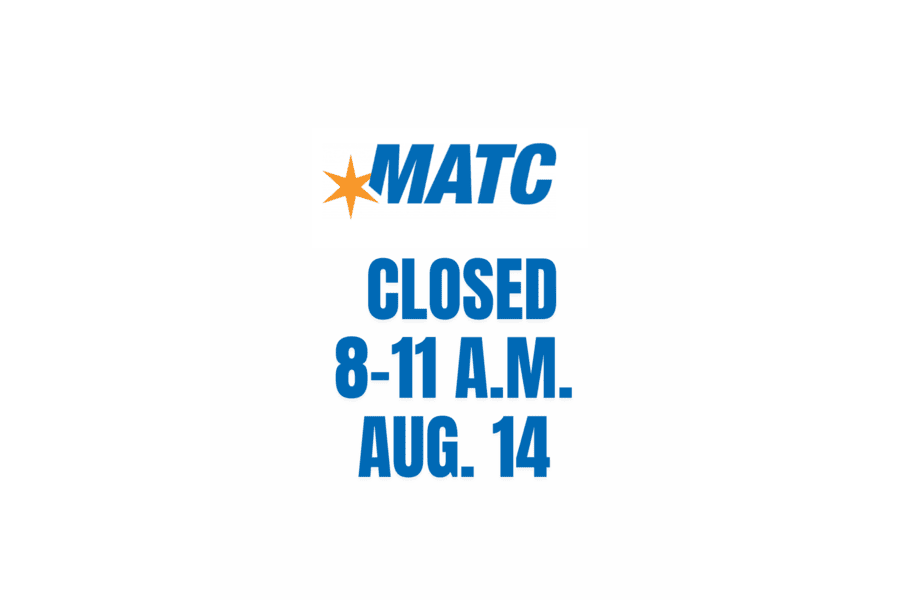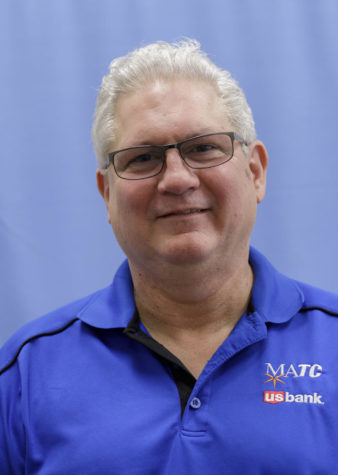Obama came to Madison to announce his proposal for states to compete for $4 billion to help states provide better education for our nation.Arne Duncan announced one week after the trip to Madison what each state is specifically competing for, if they meet the requirements. Wisconsin would compete with eight other states for $150-$200 million, their cut of the $4 billion being offered.
The other states competing in this category are Virginia, Arizona, Indiana, Washington, Tennessee, Massachusetts, Missouri, and Maryland.
There are four categories total. During President Obama’s visit to Madison, he talked about the value of education, the need for a college education and the changes that need to be made if we as a nation hope to compete globally.
“Over the course of a lifetime, those with a college degree earn over 60% more than those with only a high school diploma – 60% more,” Obama emphasized. “We used to rank number one in the number of college graduates and advanced degrees. That’s not the case anymore.”
Obama’s proposal is to have states compete for a $4 billion educational grant.
In order for states to compete, they would have to first remove what is called a firewall law. “(The firewall law) basically says that you can’t factor in the performance of students when you’re evaluating teachers. That is not a good message in terms of accountability,” Obama said.
He is also requiring that schools and teachers be looked at closely; if they are found to be ineffective, the school should be closed or teachers should be fired.
“Now it’s time to start taking this commitment seriously. We have got to do a better job recruiting and preparing new teachers. We’ve got to do a better job of rewarding outstanding teachers. And, I’ve got to be honest, we’ve got to do a better job of moving bad teachers out of the classroom once they’ve been given an opportunity to do it right,” Obama said.
Another requirement for the grant is that schools need to have standards set at an international level.
He said this is necessary because “these young people are going to be growing up in an international environment where they’re competing not just against kids in Chicago or Los Angeles for jobs, but they’re competing against folks in Beijing and Bangalore.”
Obama said that testing is a good way to know what is working and what isn’t.
“That’s how teachers can determine what they should be doing differently in the classroom,” he said. “That’s how principals can determine what changes need to be made in our schools. And that’s how school districts can determine what they need to be doing better to prepare our teachers and principals.”
Eva Hagenhofer, Teacher Education Program Faculty Coordinator and instructor, doesn’t agree with tests at all. She believes that there are many other issues that focusing on tests will overlook.
The primary issue is the large gap brought out by poverty. “We should take tests away, and not waste the time and money,” she said. Hagenhofer explained that the money could be used to help employ parents who are in need of real work.
Another point Hagenhofer said was: “We are expecting miracles for a profession that is paid less than skilled trades in general.”
She said that the average starting pay is $35,000 a year which, for many, causes them to not go into teaching as a career.
Obama also wants to ensure we don’t just “raise the bar, (but) prepare our kids to meet it.”
Obama wants students to do more than master tests. He wants them to have skills in critical thinking, teamwork and entrepreneurship. Obama said the task of education goes further than government; everyone needs to be involved.
This includes teachers, unions, schools, parents and students. “It will take parents getting more involved in their child’s education. It will take schools doing more to reach out with parents. It will take students accepting more responsibility for their own education,” he said.
Such changes, Obama believes are necessary “for our children to out-compete workers around the world, for our economy to grow and to prosper and for America to lead in the 21st century.
“(Education) is not a national issue, it’s a local issue,” Hagenhofer said. She explained that this really belongs to the individual school districts and added, “Making it a national issue is a political sound byte.

(Bob Hanson)

